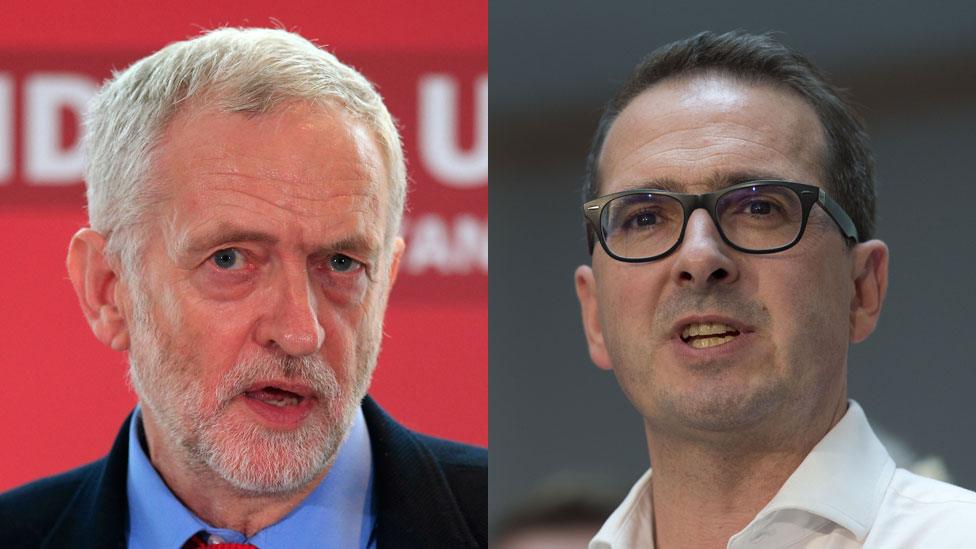What is Labour really fighting over?
- Published
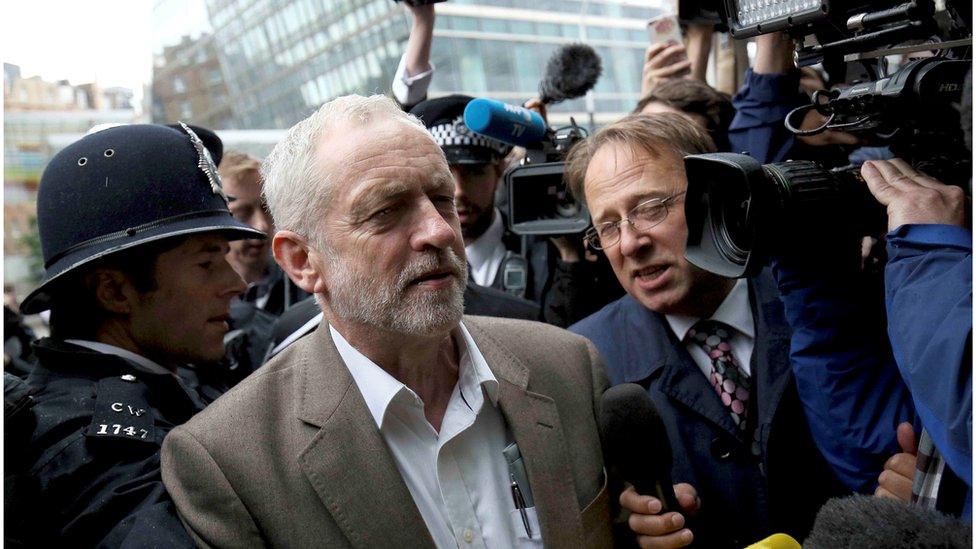
Jeremy Corbyn went from total outsider to victor
What are they really fighting over? Are Labour's two rival establishments - Corbyn's backers and the rest, really spending hours and hours and hours discussing the merits and drawbacks of elections to the shadow cabinet?
Did it actually take six-and-a-half hours to agree that the Scottish and Welsh representatives on the National Executive Committee should get full voting rights? (This may in time become important, as those representatives are less likely to back Corbyn than other newly elected members).
How long will they argue over the seating at the party's conference next week, after the expected victory of Jeremy Corbyn on Saturday?
Frankly, it's not the details of today's tortuous discussions that matter, but a much bigger question that to many in the party seems almost impossible to answer. How on earth do the factions in the Labour Party come together now, or even co-exist?
Growing party
It's easy to forget how extraordinary the situation really is. Last summer, Jeremy Corbyn pulled off an extraordinary political feat, expanding the Labour electorate, bringing in thousands of new members to the party.
In a few short months he went from a total outsider, treated almost as a mascot for the left, to the victor in the contest, to the astonishment of most of the party's MPs.
Month after month after month, MPs became more and more critical of his performance until ultimately more than 170 of them expressed no confidence in him, including MPs from all wings of the party.
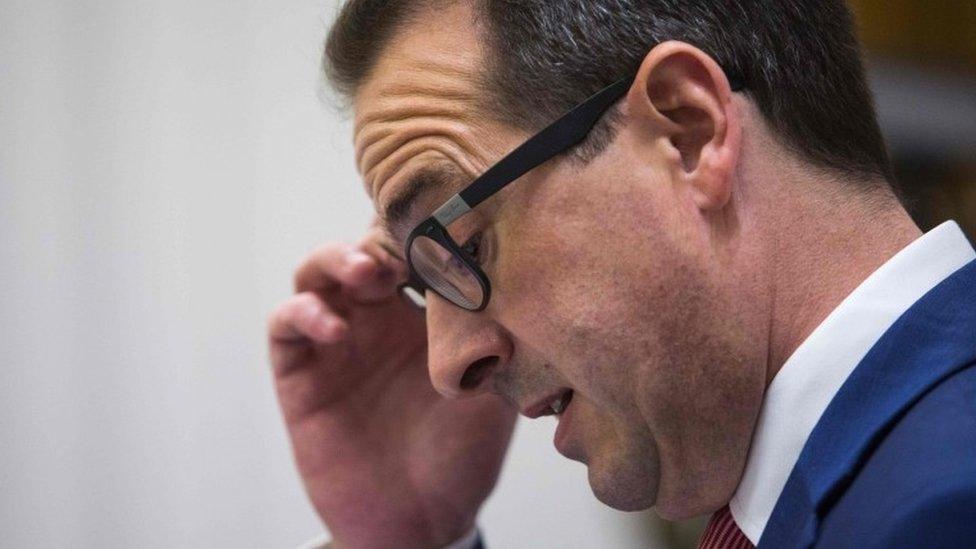
Labour leadership candidate Owen Smith almost seemed to concede that his efforts have failed
With some on the left, like Lisa Nandy, or those who campaigned alongside Mr Corbyn on some issues, like Andy Slaughter, withdrawing their support, more in sadness than in anger, the brutal truth for his team is that the vast majority of his MPs just don't think he is up to the job.
But in that same period of time, he has repeated that same political feat, attracting more, and more and more members to the party, very often explicitly to support him, growing the Labour Party to become one of the largest in Europe.
That's likely to see him land a very comfortable majority when the leadership result is announced in Liverpool on Saturday.
Healing process
Indeed in a revealing answer in an interview earlier today, the man who has tried to oust him, Owen Smith, almost seemed to concede that his efforts have failed.
He warned: "We can choose to pull ourselves together, to unite the party to get back to being seen as a credible alternative to the Tories or we can do what we did in the 1980s - continue to be divided, fall apart and give the Tories a free run for 18 years or more."
"That's been my deepest concern both before, during and I fear after this contest."
He won't quite admit it, but his words and body language suggest he knows it is over.
Minds are therefore turning to how things will be different under Corbyn the second time around.
When the link between the leader and the vast bulk of the parliamentary party is broken, how to fix it to create an effective opposition?
When so many MPs feel under attack from the leader's supporters, how can they reconcile? What will it take to soothe the anger of many particularly new Labour supporters who feel MPs have betrayed them and Mr Corbyn?
Today's meeting at the NEC was an attempt, particularly through deputy leader Tom Watson's proposals, to find a formal way to start the healing process.
But after eight hours of talks the committee had agreed only to hold more talks. If that's a sign of how hard Labour will find it to come to together after Mr Corbyn's expected victory it doesn't look good.
- Published20 September 2016
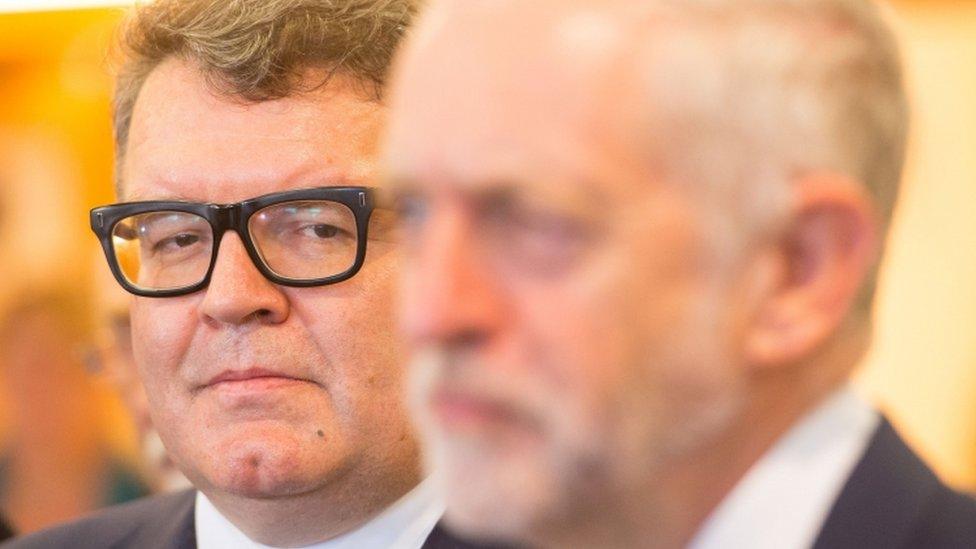
- Published20 September 2016
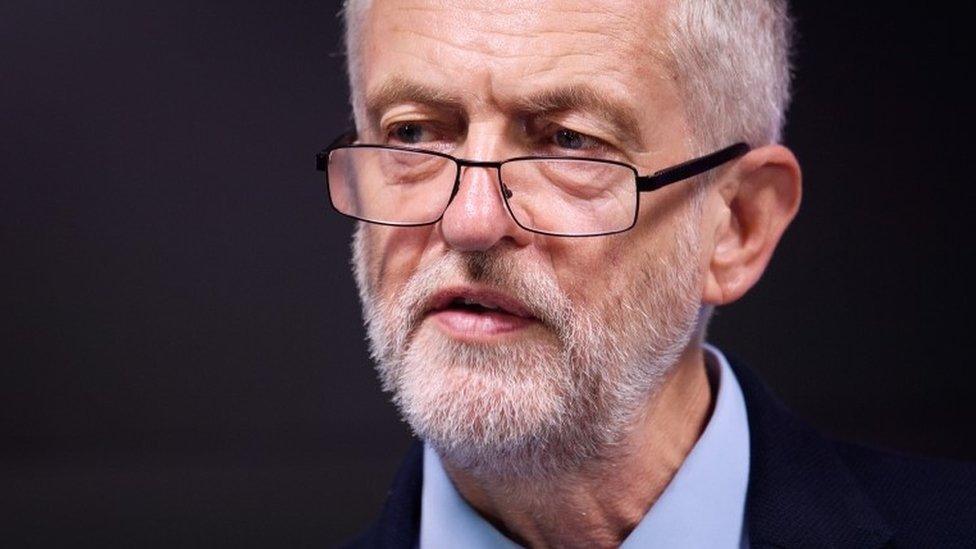
- Published19 September 2016
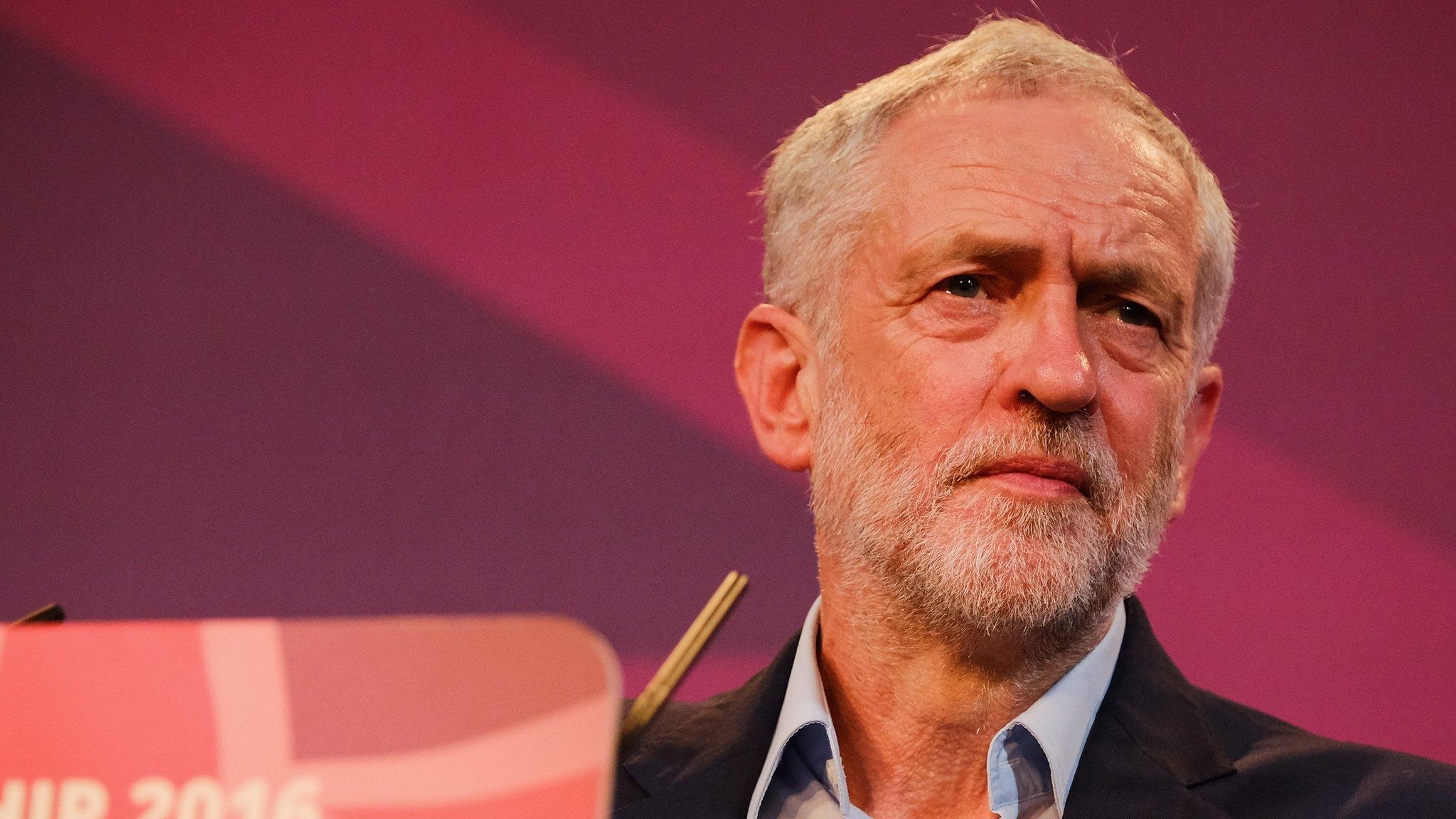
- Published21 September 2016
